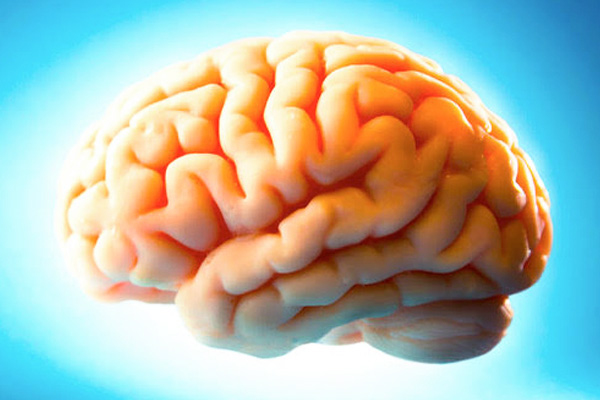ITS A LOT TO THINK ABOUT –
Why it matters – In recent decades, mental disorders have become increasingly prevalent in the United States and around the world, particularly in young adults and adolescents. Even before the pandemic, 1 in 5 Americans suffered from a mental disorder. The most comprehensive study to date examining the worldwide prevalence of mental disorders projected that 55 percent of Americans will meet criteria for at least one mental disorder over the course of their lifetime. Notably, that study — which was conducted 15 years ago — examined diagnosable disorders. But the prevalence of lifetime experience of clinically meaningful symptoms in the general population is much higher. For example, one study found that although only about 20 percent of Americans will meet formal criteria for major depressive disorder in their lifetime, 62 percent of Americans will experience meaningful symptoms of depression.
Since our findings demonstrate that poorer mental health is associated with at least some degree of cognitive dysfunction, this type of deficiency may be far more common than previously thought. These findings are important because some mental disorders may be misdiagnosed based on cognitive dysfunction. For instance, a college student who struggles with obsessive-compulsive disorder should be expected to have some difficulties in areas such as concentration, organization, time management and memory. In such a case, however, these cognitive challenges do not stem from conditions such as dyslexia or attention-deficit/hyperactivity disorder, but rather from OCD. This potential confusion may lead to a misdiagnosis. Indeed, ADHD, a disorder characterized by deficits in executive functions, is one of the most misdiagnosed disorders across all age groups. According to one 2010 study, about 20 percent of youths diagnosed with ADHD and receiving medications are misdiagnosed. In addition, evidence shows that doctors all too readily prescribe stimulant medications for symptoms of inattention, even without a complete or formal diagnosis of ADHD.



